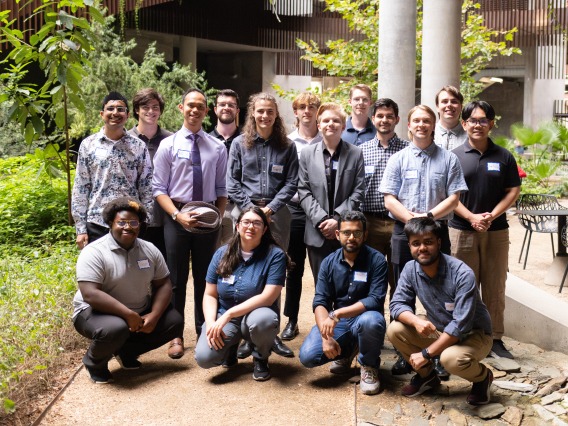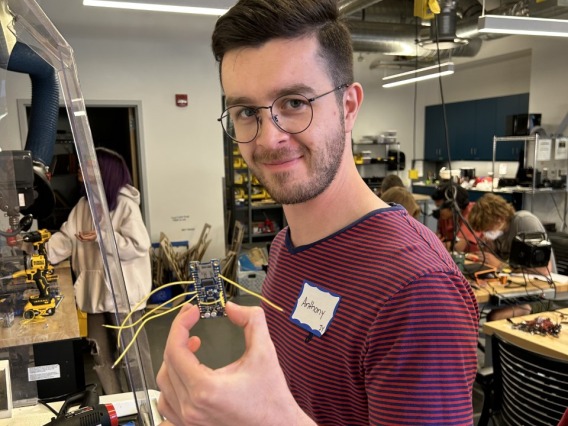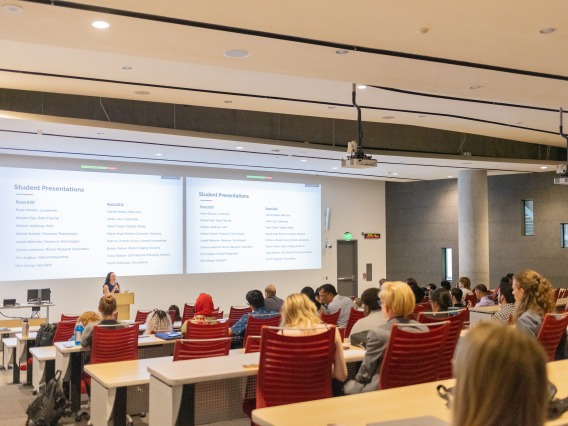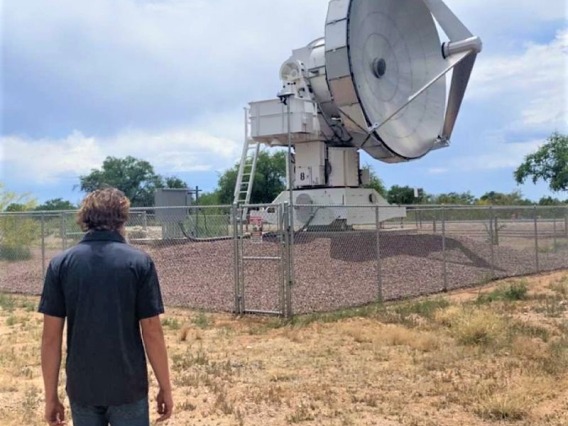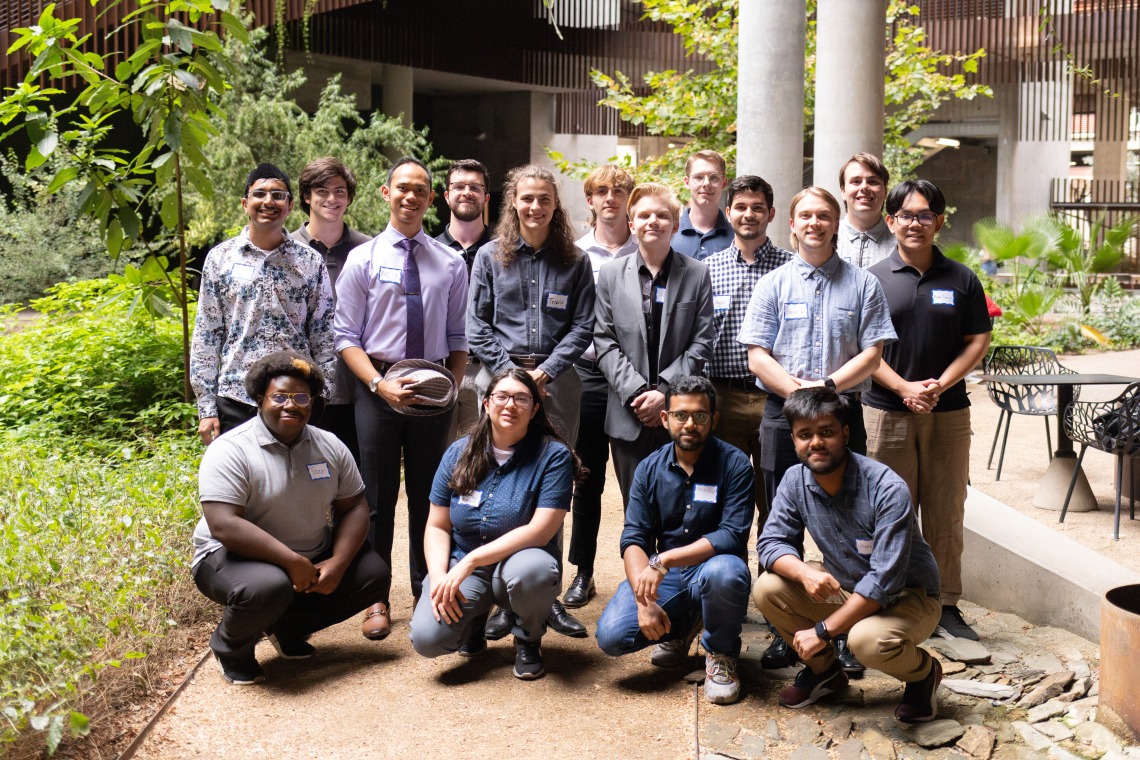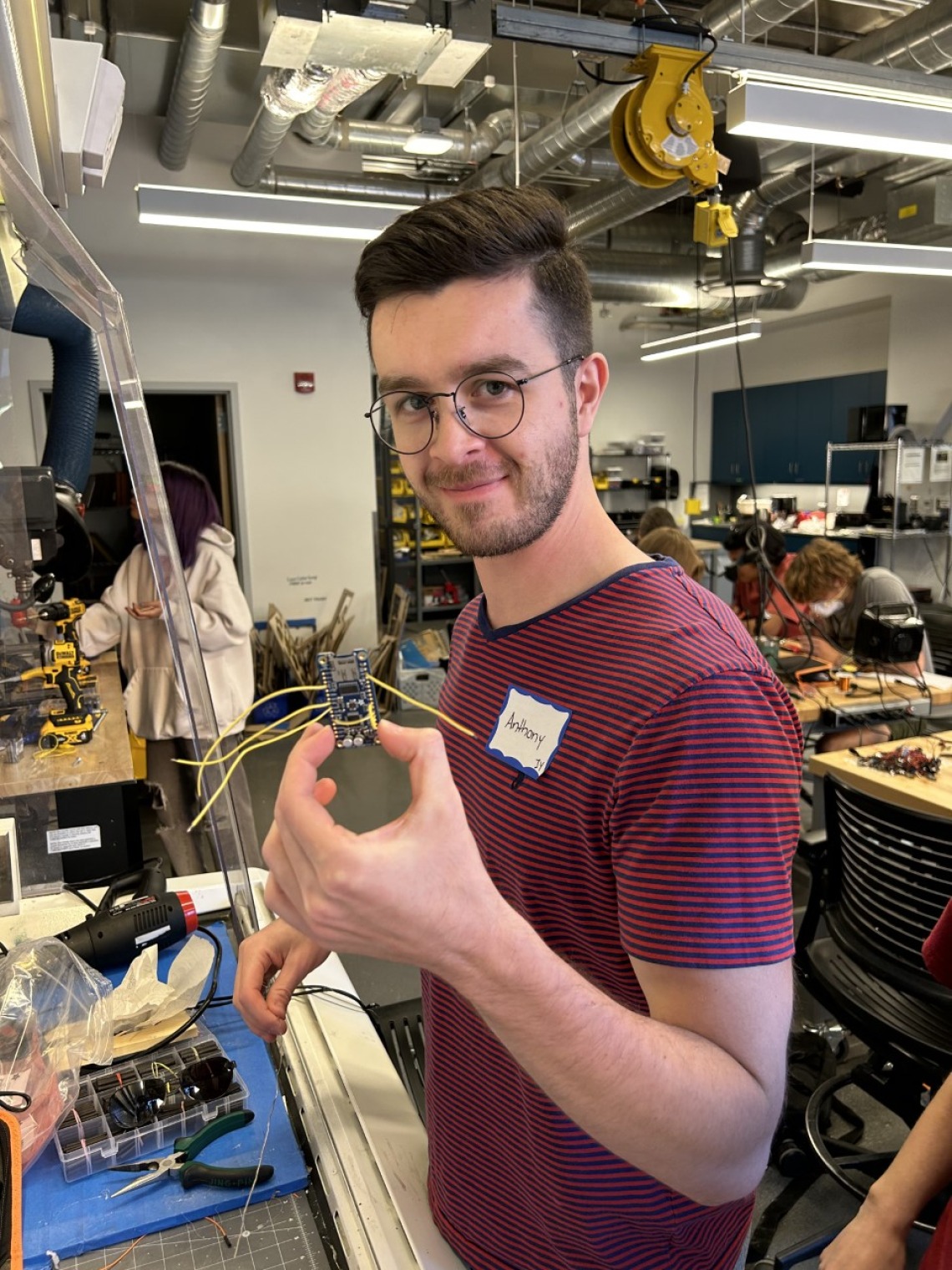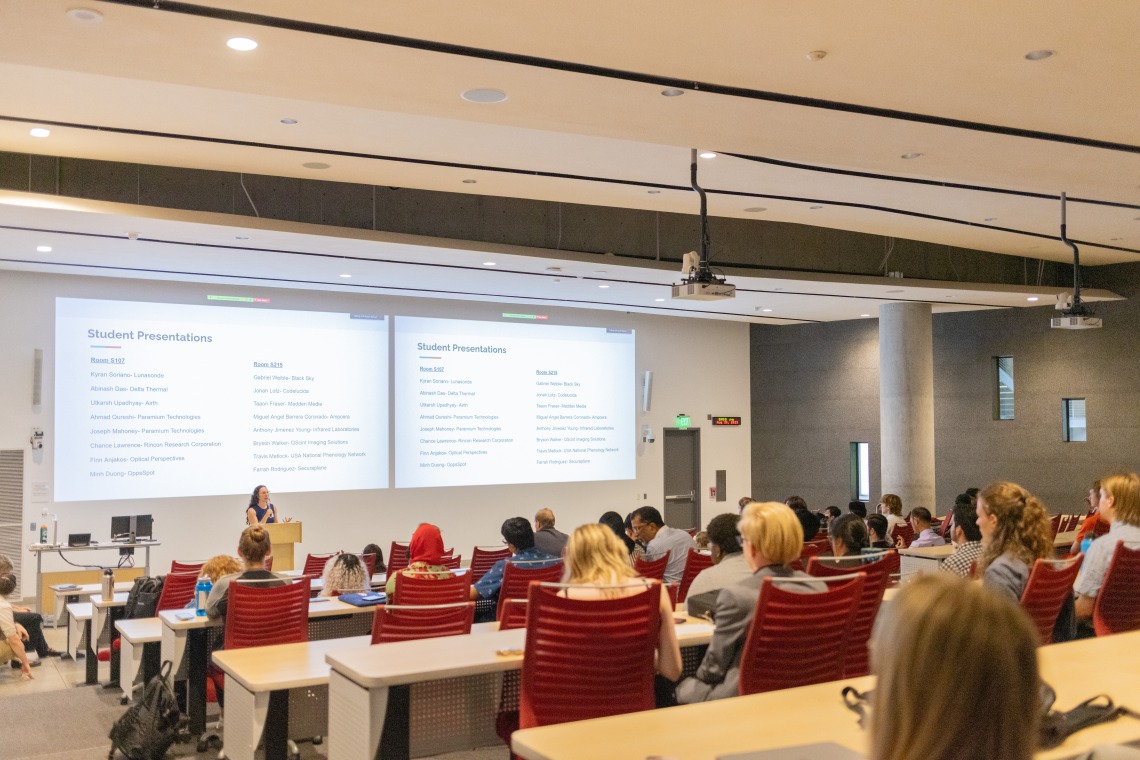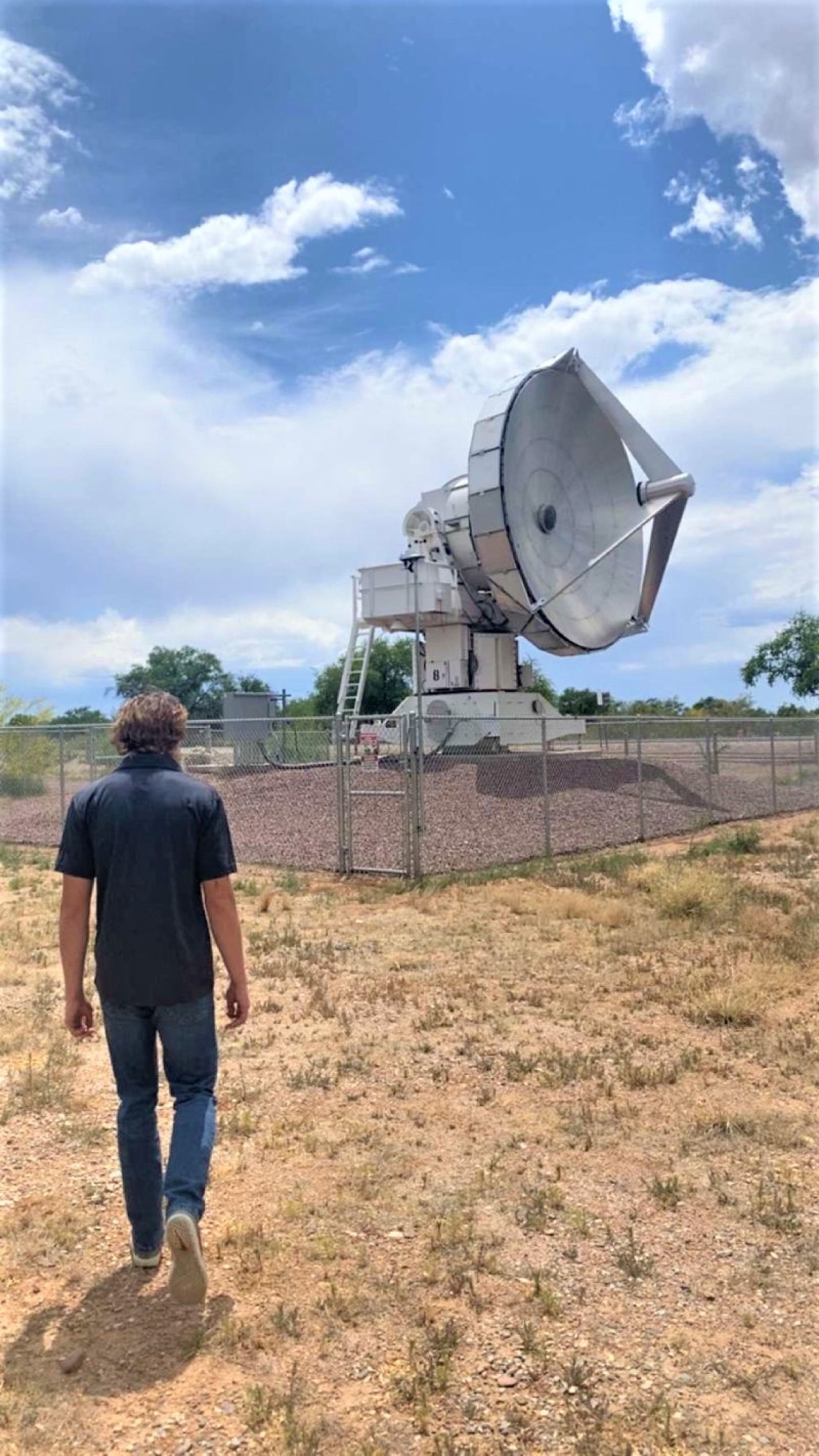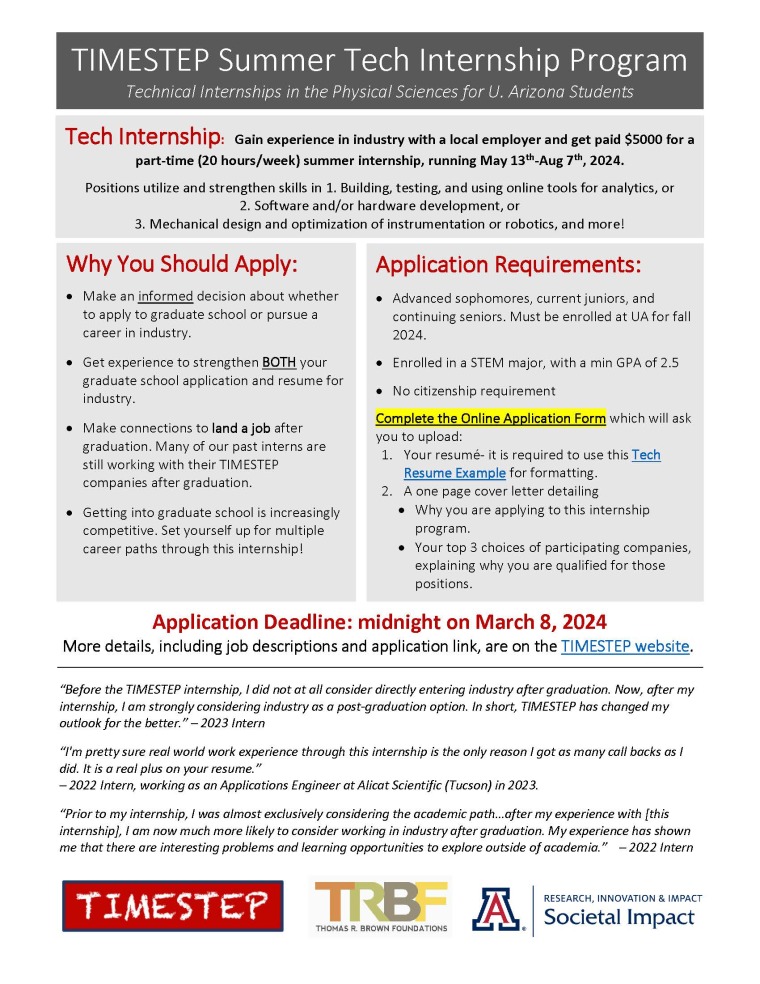Employers: Please click here for more information and the employer application.
Student applications are closed for TIMESTEP's 2024 Summer Tech Internships.
TIMESTEP’s Summer Tech Internship program was started in 2018 by Dr. Gurtina Besla, Associate Professor, Department of Astronomy at the University of Arizona. The aim for students is twofold: Help STEM majors make money doing work that is relevant to their studies and future careers, and help them make informed decisions about their paths after graduation. Employers benefit by learning the strengths of students from often-poorly-understood majors like astronomy, physics, and mathematics, and being able to solicit well-trained students who are nearing graduation. Through our relationships with local tech companies, we discover the relevant skills employers are seeking in UArizona graduates, thereby informing curriculum planning and career development opportunities within each department and the College of Science.
TIMESTEP upholds the goals of STEM education and careers being inclusive, diverse, and accessible. We prioritize students who demonstrate significant financial need, and those with an interest in pursuing a career in industry post-graduation.
Guidelines for 2024 Program
Eligibility:
- Current seniors and will be graduating in December of 2024
- Current juniors
- Advanced sophomores who have significant technical experience outside of their classes- via research, employment, student clubs, hobbies, etc.
- International students may apply, though certain positions are restricted to U.S. citizens, and potentially permanent residents. Check the job descriptions for the requirements of each position.
- All applicants must be enrolled as a UArizona student in the fall of 2024.
- First year students are not eligible
- Graduate students (Masters or Ph.D.) are not eligible
Here are some helpful guidelines to help you prepare your application:
- Do NOT rush to apply! Applications are due at midnight on March 8th. There is no advantage to submitting your application significantly earlier. Take advantage of the supports offered and take the time you need to prepare your materials.
- Work on your resume. This example tech resume is the required format for this application. Please include all relevant information as shown in the example, including your GPA. View some example undergraduate resumes here from former TIMESTEP interns.
Student Engagement and Career Development offers a free resume review for all students. We also suggest making a 1:1 appointment via SECD to get feedback or contacting Pete Corrigan directly since he has assisted TIMESTEP students with this process. Note that SECD staff are not experts in the technical aspects of STEM coursework and research, so you may want to have a faculty member, postdoc, or grad student in your discipline look over your materials, as well.
- Write your cover letter. Choose the top 3 positions you are most interested in from the 2024 job descriptions. Read each description carefully and use examples to demonstrate that you have the desired skills to be successful. Your cover letter should be no more than one page!
Your cover letter should be addressed to the TIMESTEP Team and include the following: One paragraph introducing yourself and explaining why you want to do an industry internship, one paragraph each for the three positions you are seeking explaining your interest and qualifications for each one, and a closing paragraph.
- Complete the online application by midnight March 8th. You will be asked to upload your resume and cover letter, so have those ready in pdf format.
- Attend mandatory onboarding meetings. All students who are accepted to the TIMESTEP Summer Tech Internship are expected to attend a meeting on campus Wednesday, March 27 and on Zoom Wednesday, April 3, both 5:00 - 6:30 pm.
TIMESTEP's Summer Tech Internships are supported by the Thomas R. Brown Foundation; the Office of Societal Impact in UArizona's Research, Innovation, and Impact; Tech Launch Arizona; UArizona's Student Engagement and Career Development; and Arizona FORGE.

